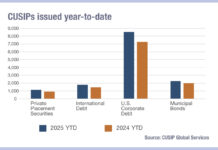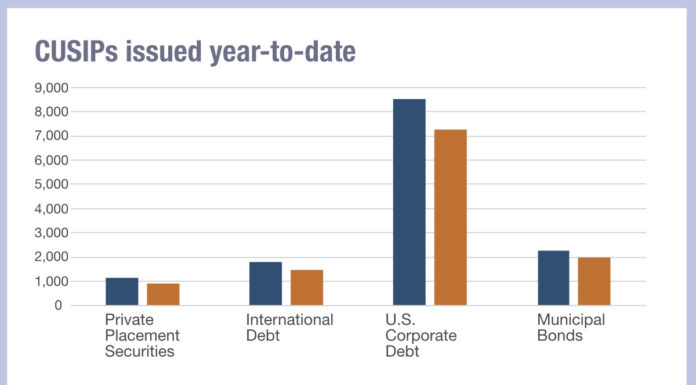An ongoing review of the revised Markets in Financial Instruments Directive (MiFID II) and Markets in Financial Instruments Regulation (MiFIR) has seen debate on the introduction of payment for order flow (PFOF) being introduced to Europe, being considered if a consolidated tape for equities could be established among other conditions.
In its proposal to revise the MiFIR regulation, the European Commission has proposed a ban on PFOF arrangements whereby retail brokers receive a remuneration from third parties, typically being market makers or venues) for routing their client orders to such third parties for execution.
In a meeting of the European Working Party on Financial Services held on 24 May, the main arguments for the ban were:
• The very principle of a remuneration in exchange for an execution service is incompatible with the best execution requirement incumbent on brokers; studies by the Dutch (AFM) and Spanish supervisors (CNMV) show that intermediaries who remunerate brokers in exchange for exclusivity on the execution of their clients’ orders tend to execute them at prices that are less favourable than those available at the same time on multilateral venues.
• The PFOF is not a necessary condition for the development of retail brokerage services, as shown by the recent emergence in many Member States of neo-brokers who do not use this type of remuneration.
• PFOF entails high risks of conflicts of interest; these are compounded by the lack of transparency on the underlying business arrangements and the low (or even non-existent) competition among market makers or venues in the execution of orders of brokers receiving PFOF in the EU. According to ESMA, in most cases, receiving PFOF from a third party is unlikely to be compatible with the MiFID II requirements4.
At the same meeting, arguments for PFOF were laid out as:
• PFOF facilitates the development of retail brokerage services by transferring value from intermediaries and market infrastructures to brokers; they put competitive pressure on execution venues, which ultimately benefits retail investors by lowering execution costs; for relatively small orders and from a total cost perspective, brokers receiving PFOF in the EU provide services that are compatible with the best execution requirement, according to a BAFIN study3
• MiFID II already provides for rules to prevent conflicts of interest; these risks can be addressed by additional regulatory safeguards if necessary.
• The concern that PFOF will have a negative impact on the European market structure is at this stage undocumented.
The French Presidency had stressed that all these arguments deserve to be heard, noting that absent a framework, brokers authorised to receive PFOF can offer services through the European passport to residents of member states that prohibit these practices under their interpretation of European law; so local brokers face unfair competition against brokers from jurisdictions that allow PFOF.
It also noted that in the absence of a reference price, such as best bid and offer (BBO), in the European Union there could be no prevents a quantitative and systematic evaluation of the implicit cost and therefore of the quality of execution of retail orders.
By lacking a consolidated tape, existing post-trade data allows imperfect checks. For example, Germany’s market regulator, BAFIN, only managed to assess the execution quality of 17% of transactions carried out via brokers benefiting from PFOF remuneration
Rather than support a total ban, the presidency proposing that, if a European benchmark for BBO were created, an EU-wide regulatory framework for framing and supervising PFOF could be considered with the following conditions.
There would need to be guaranteed higher standard of execution and transparency for retail investors on their execution quality tested using a common regulatory reference that would make it possible to determine the implicit cost of execution by reference to the best available price (Best Bid and Offer / BBO) at the time of execution, with brokers required to inform their retail customers of the total cost of each transaction. Best execution obligations would apply even in cases where brokers direct client orders to specific execution venues, and a broker may not transfer the choice of execution venue to its clients in order to avoid its best execution obligation.
Additional safeguards to avoid conflicts of interest would follow the model of the U.S. Rule 606(a) strengthening the requirement to regularly inform the public about the nature of the PFOF arrangements.
The impact on market structure would also be monitored by ESMA, which would prepare an annual report on the development of PFOF in the European Union and on how brokers are documenting the above-mentioned information requirements, and assessing the impact of PFOF on the market structure and the price formation process in the European Union within the next five years.
©Markets Media Europe 2025


























